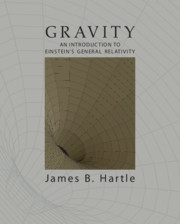Cosmological simulations fail to reproduce realistic galaxy populations without energy injection from active galactic nuclei (AGN) into the interstellar medium (ISM) and circumgalactic medium (CGM); a process called ‘AGN feedback’. Consequently, observational work searches for evidence that luminous AGN impact their host galaxies. Here, we review some of this work. Multi-phase AGN outflows are common, some with potential for significant impact. Additionally, multiple feedback channels can be observed simultaneously; e.g., radio jets from ‘radio quiet’ quasars can inject turbulence on ISM scales, and displace CGM-scale molecular gas. However, caution must be taken comparing outflows to simulations (e.g., kinetic coupling efficiencies) to infer feedback potential, due to a lack of comparable predictions. Furthermore, some work claims limited evidence for feedback because AGN live in gas-rich, star-forming galaxies. However, simulations do not predict instantaneous, global impact on molecular gas or star formation. The impact is expected to be cumulative, over multiple episodes.

